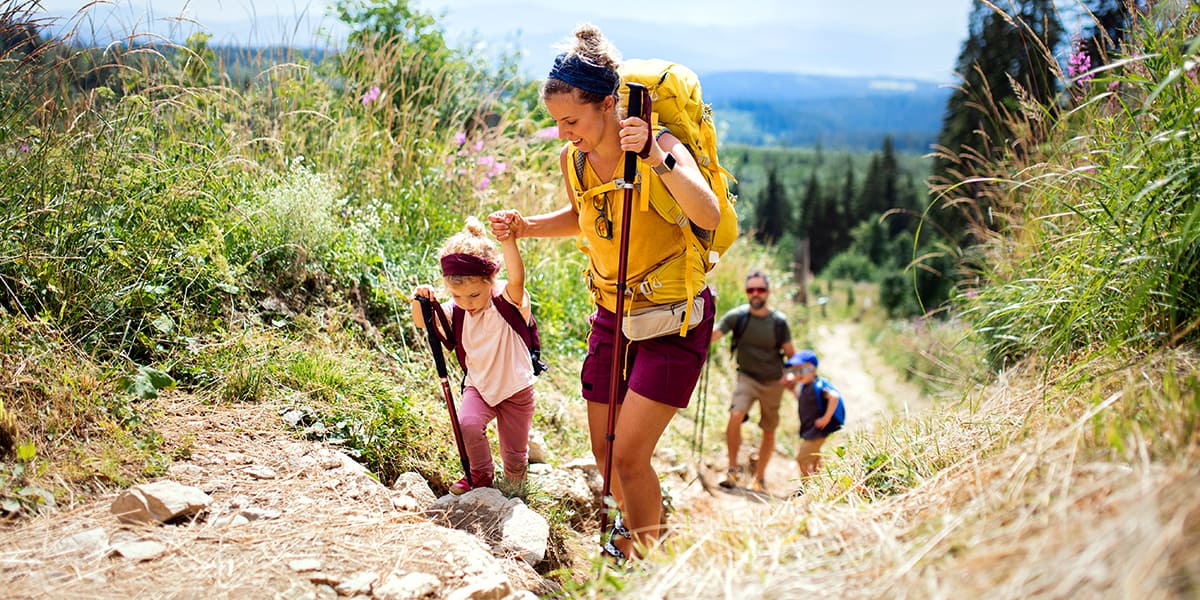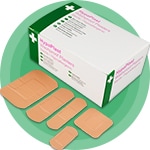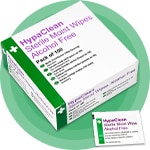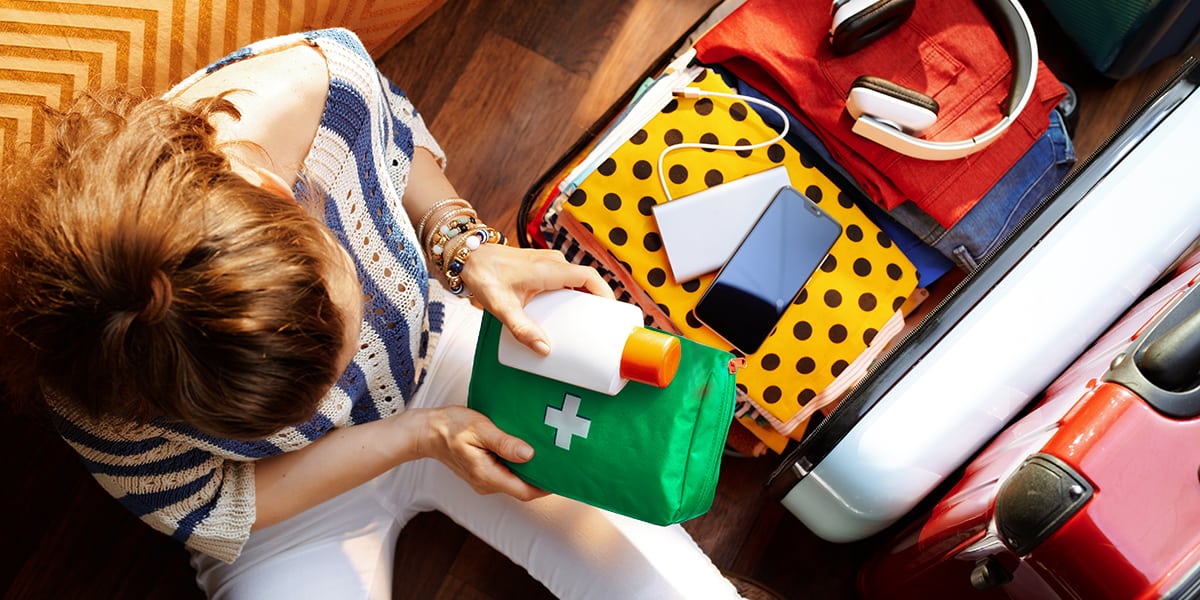
While travelling abroad can be one of the best ways to enjoy your summer holiday, it can carry with it unique risks and first aid considerations. Making sure you have a travel first aid kit stocked with the appropriate contents ensures that you are ready to respond in the event of an accident while you’re away from home.
Why is a first aid kit important while travelling?

If you’ve travelled a lot in the past, you’ll already know that things can and occasionally do go wrong on a trip abroad. For the rare cases when an accident does occur during your holiday, it’s important that you’re prepared to deal with an injury.
What should be in a first aid kit while travelling abroad?
Your travel first aid kit should contain most of the same items you should already be keeping in your home first aid kit, but there are a few special considerations to keep in mind while travelling.Plasters
 Plasters are some of the most commonly used items in any first aid kit, so it should go without saying that they are one of the most important inclusions in your travel kit.
Plasters are some of the most commonly used items in any first aid kit, so it should go without saying that they are one of the most important inclusions in your travel kit.If your holiday will involve a lot of outdoor activities – things like hiking and camping especially – then washproof plasters and blister plasters of various sizes are highly recommended inclusions for your travel kit.
Dressings
 Dressings are great for treating wounds too large to be covered with a plaster. A sterile dressing or even a simple gauze swab held down with a conforming bandage or microporous tape can be used to slow bleeding and give you enough time to get an injury checked by a medical professional.
Dressings are great for treating wounds too large to be covered with a plaster. A sterile dressing or even a simple gauze swab held down with a conforming bandage or microporous tape can be used to slow bleeding and give you enough time to get an injury checked by a medical professional.For more information about dressings, check out our blog on how to apply, change and use different wound dressings.
Bandages
 Bandages are another vital component for any first aid kit, serving many purposes. They can be used to support muscular injuries, immobilise injured limbs or secure dressings in place.
Bandages are another vital component for any first aid kit, serving many purposes. They can be used to support muscular injuries, immobilise injured limbs or secure dressings in place.For more information about bandages, see our blog on types of bandages explained.
Scissors
 All good first aid kits should contain scissors. These handy tools can be used to trim bandages and dressings or to cut clothes that interfere with first aid treatment. Be careful to ensure that your scissors are small enough to be allowed in your carry-on luggage by the TSA. Otherwise, you’ll have to pack your first aid kit in a checked bag.
All good first aid kits should contain scissors. These handy tools can be used to trim bandages and dressings or to cut clothes that interfere with first aid treatment. Be careful to ensure that your scissors are small enough to be allowed in your carry-on luggage by the TSA. Otherwise, you’ll have to pack your first aid kit in a checked bag.
Surgical Tape
 Surgical tape is useful for securing bandages or dressings to wounds in awkward places. While plasters can be used for this purpose in an emergency, it’s best to be prepared by keeping tape in your first aid kit.
Surgical tape is useful for securing bandages or dressings to wounds in awkward places. While plasters can be used for this purpose in an emergency, it’s best to be prepared by keeping tape in your first aid kit.
Moist wipes
 A frequently overlooked first aid item, moist wipes are an integral item in any kit. Minor cuts and wounds can easily become a more serious medical emergency if they get infected, and moist wipes are perfect for cleaning them before applying a plaster or dressing.
A frequently overlooked first aid item, moist wipes are an integral item in any kit. Minor cuts and wounds can easily become a more serious medical emergency if they get infected, and moist wipes are perfect for cleaning them before applying a plaster or dressing.Can I bring a first aid kit on an international flight?

Yes, most first aid kits should be perfectly fine to carry on an international flight. Most airlines follow TSA guidelines, which allow first aid kits, albeit with the following caveats:
- Any scissors you pack must be less than 4 inches from the pivot point.
- Any prescription and over-the-counter medications should be kept in their original packaging.
- If you have a medical necessity for liquid medications that don’t fit in the quart-sized bag given, you can declare them at the checkpoint for further inspection.
While most airlines follow similar guidelines, it’s always a good idea to check the airline you’re flying with to check for any specific restrictions.
Can I pack a first aid kit in hand luggage?
You should have no problems carrying your first aid kit in your hand luggage, assuming it follows the guidelines set out by your airline regarding sharps and liquids.Some items that aren’t allowed in hand luggage are allowed in checked bags, so if you need to bring something that’s prohibited from carry-ons, consider putting your travel kit in a checked bag.
Read our other blogs for more information on first aid or contact us for further advice and information on our products.
About the author:
Jo Stokes is a writer, marketer and trained first aider at First Aid Online.
Find out more about Jo.
By Jo Stokes

